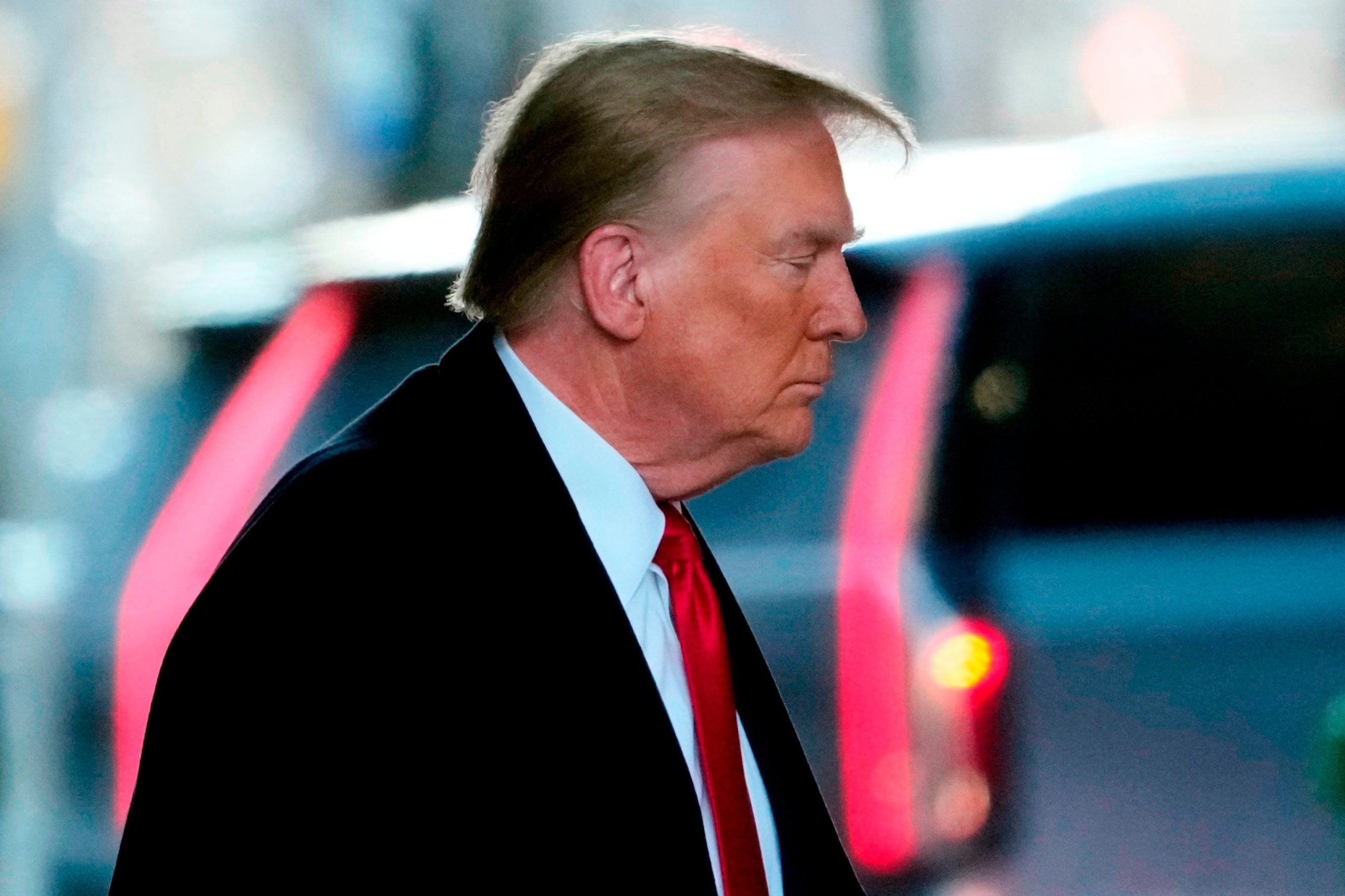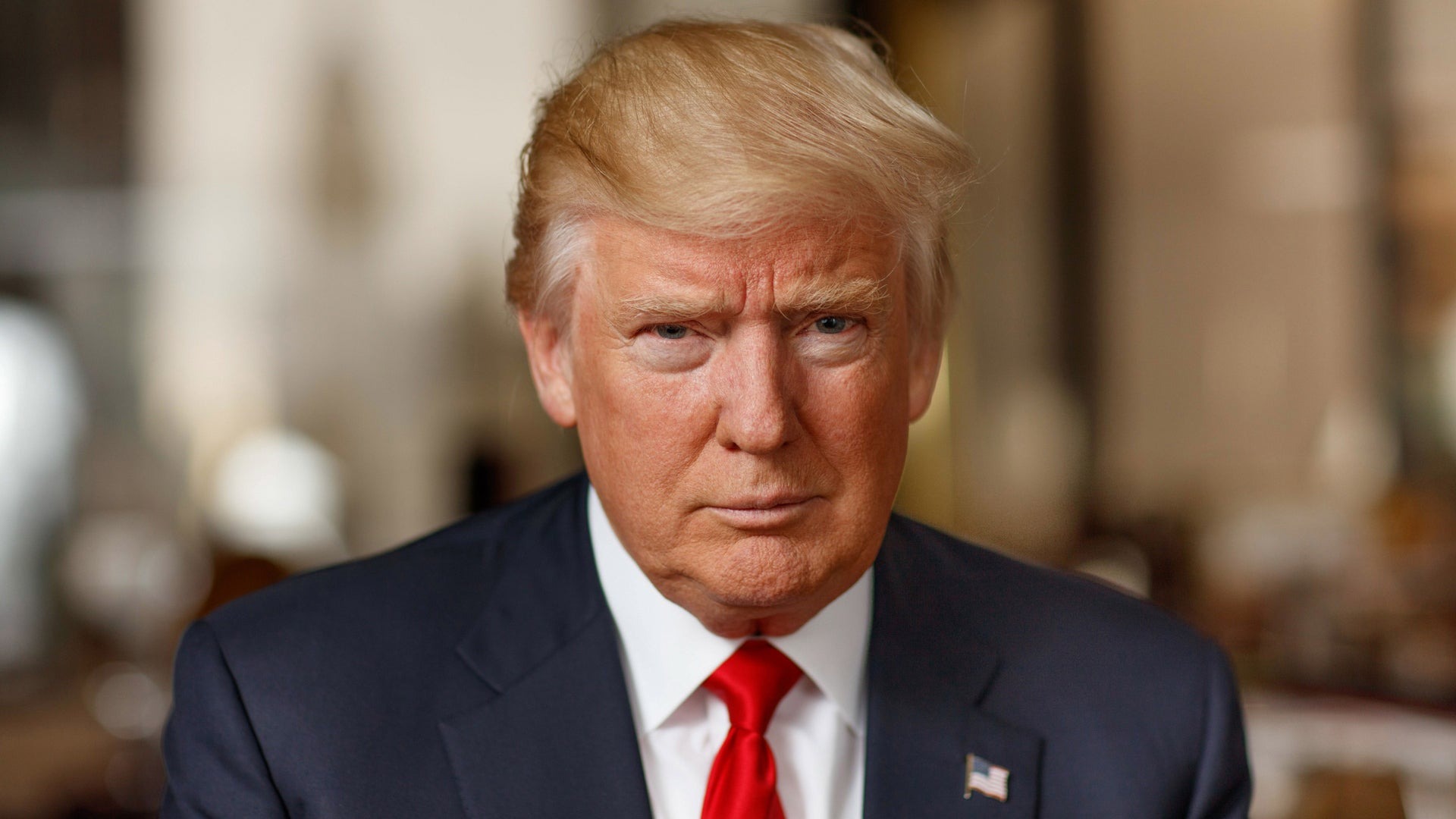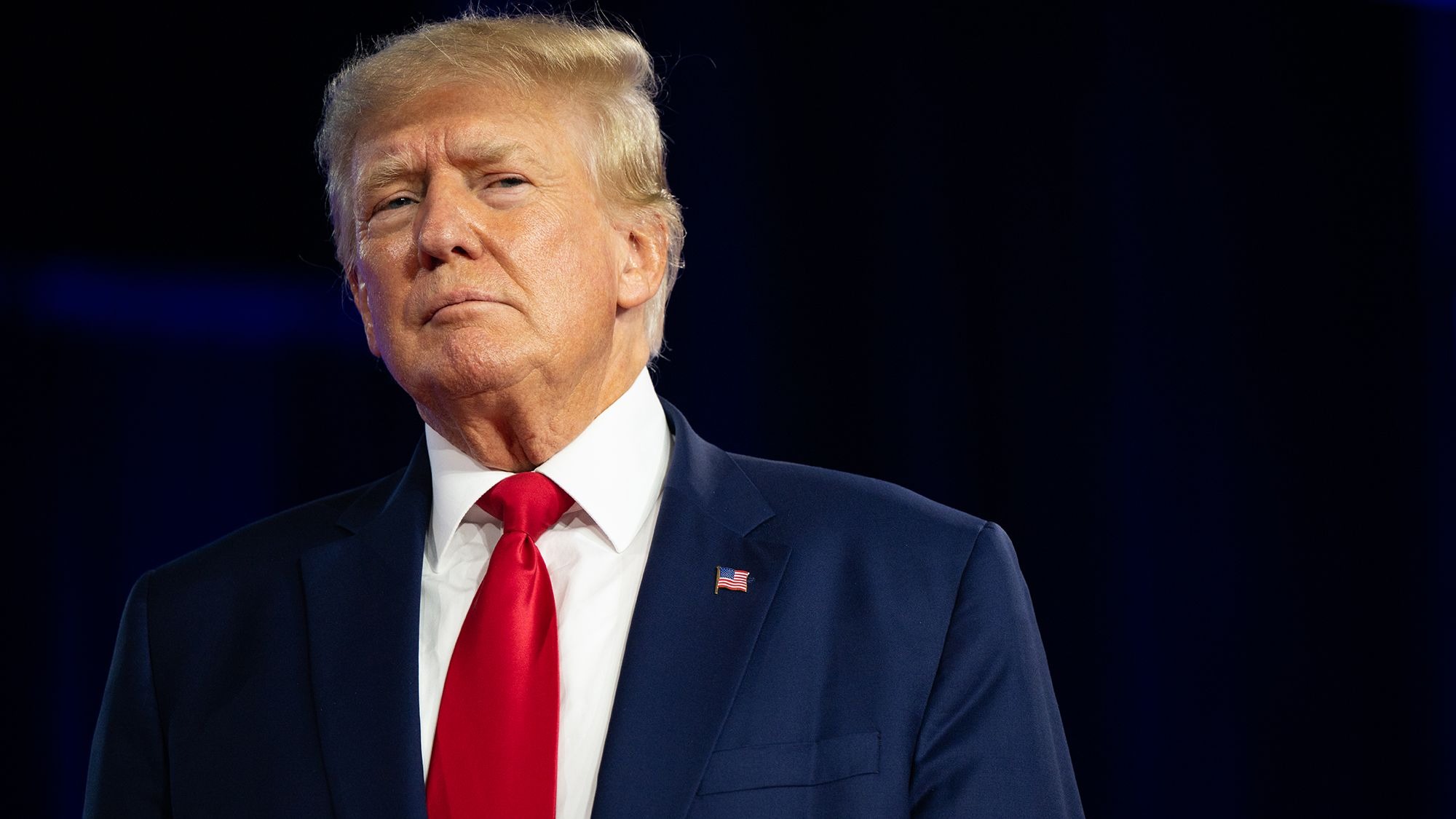The trial of former President Donald Trump carries drama, marking the first time a former president faces legal proceedings. Trump is charged with multiple counts of filing false documents related to payments made to Stormy Daniels. This relatively straightforward charge is set against a backdrop of unprecedented circumstances.
Inside the courtroom, Trump’s legal team portrays him as a typical defendant, downplaying his unique history and behavior as a president. However, outside the courtroom, Trump engages in extensive communication that influences public perception and potentially impacts the trial’s integrity. He has faced gag orders due to concerns about intimidating jurors and spreading misinformation.

Donald Trump (Credits: ABC News)
Trump’s use of social media, particularly on his platform Truth Social, and at rallies reflects authoritarian tendencies. He seeks to destabilize democratic institutions, including the judiciary, by attacking opponents and spreading narratives that undermine trust in the legal process.
Controlling the trial’s narrative in the middle of Trump’s external communications presents challenges for the judge. While Trump generally adheres to courtroom decorum, his actions outside demonstrate a calculated effort to assert control and shape public opinion.

Ex-President Donald Trump (Credits: www.history.com)
Trump’s recent statement likening potential conviction to being a “Modern Day Nelson Mandela” reflects his strategy to frame any legal outcome as unjust persecution preemptively.
This rhetoric further erodes confidence in democratic norms, portraying legal consequences as political persecution rather than accountability under the law.























